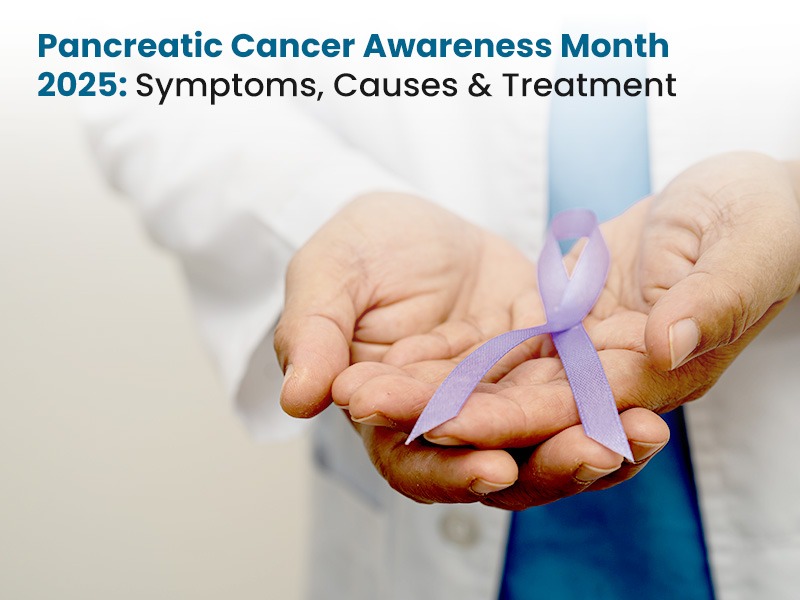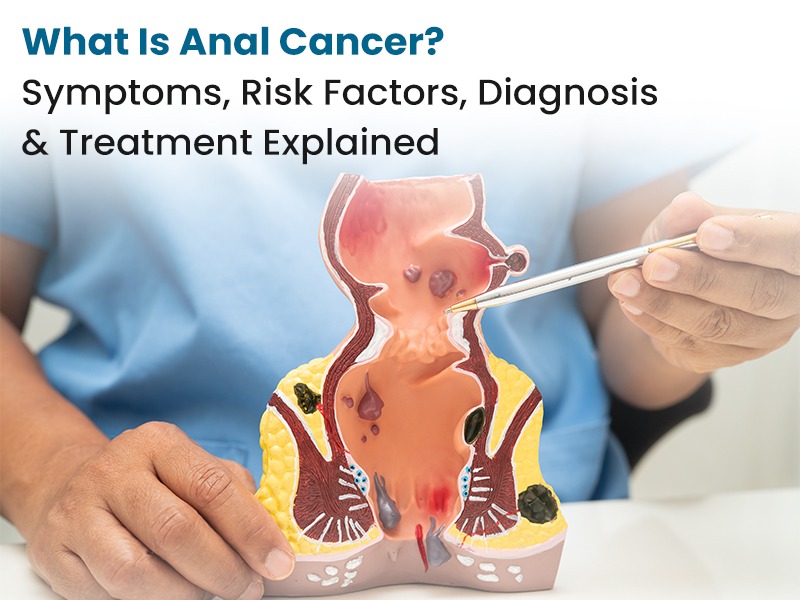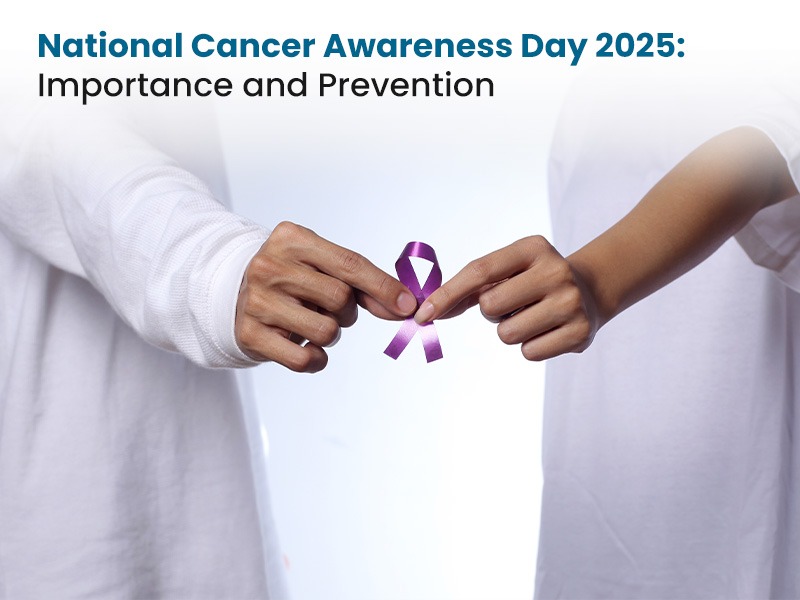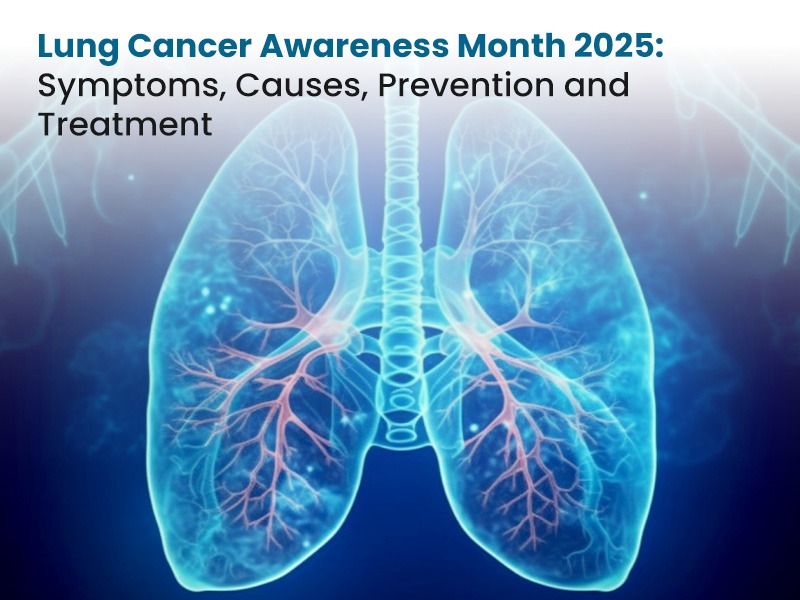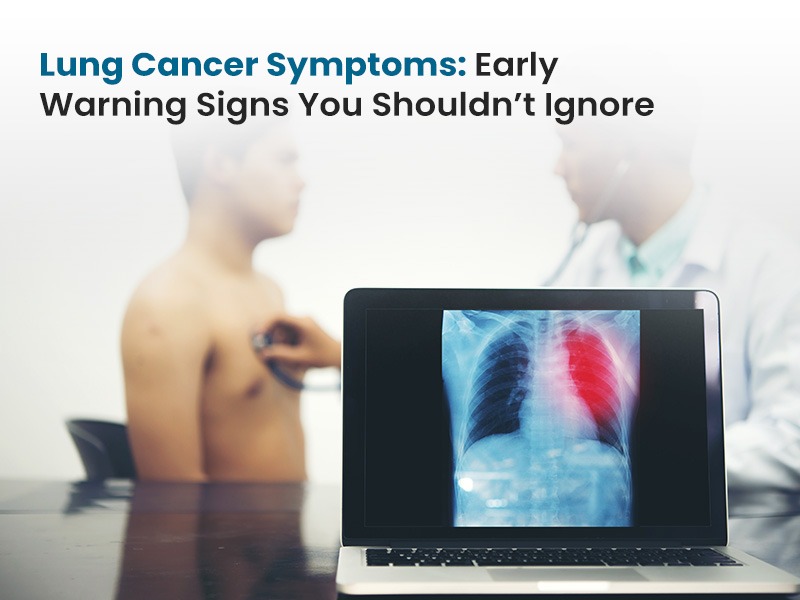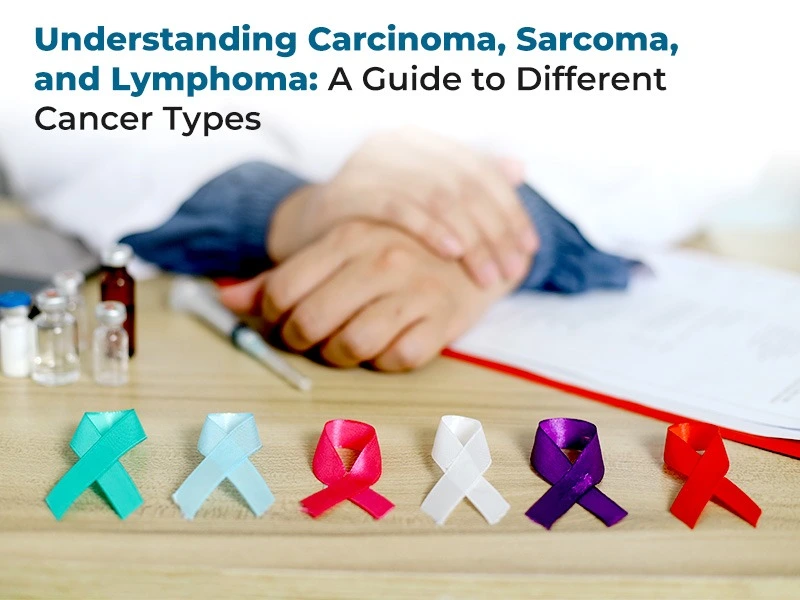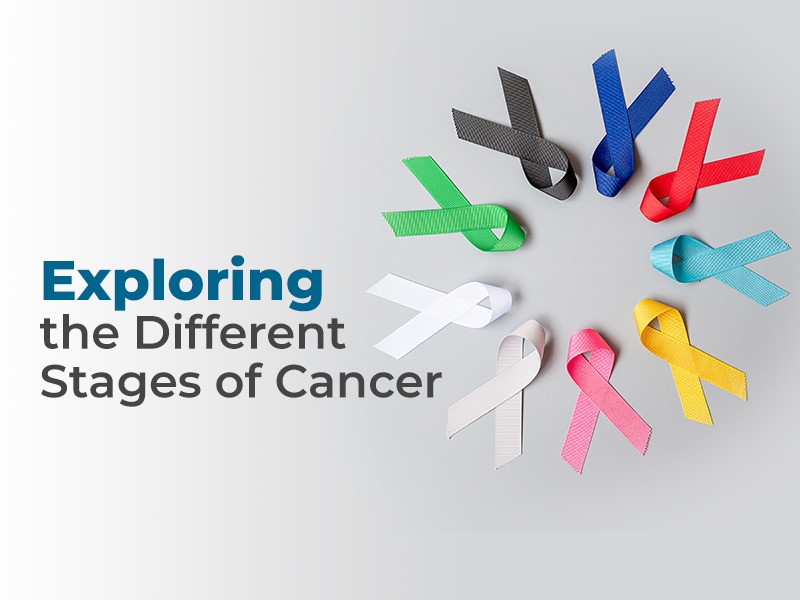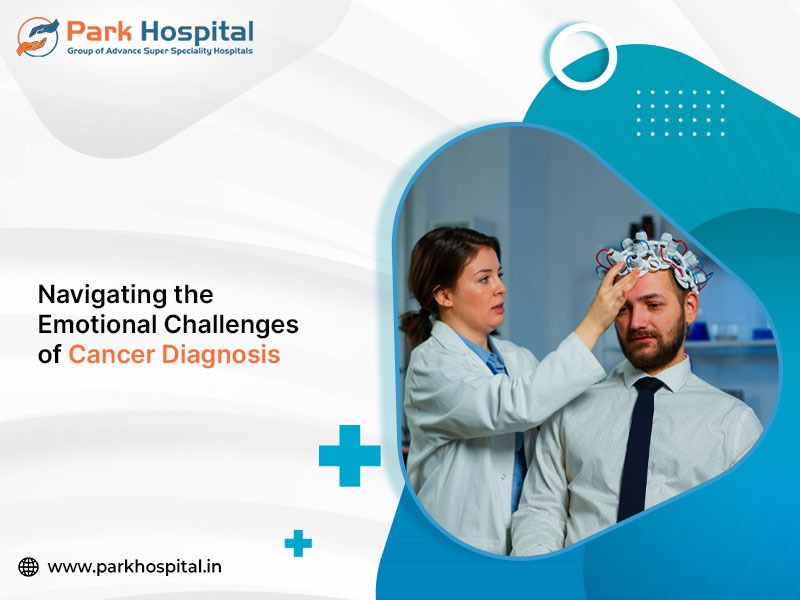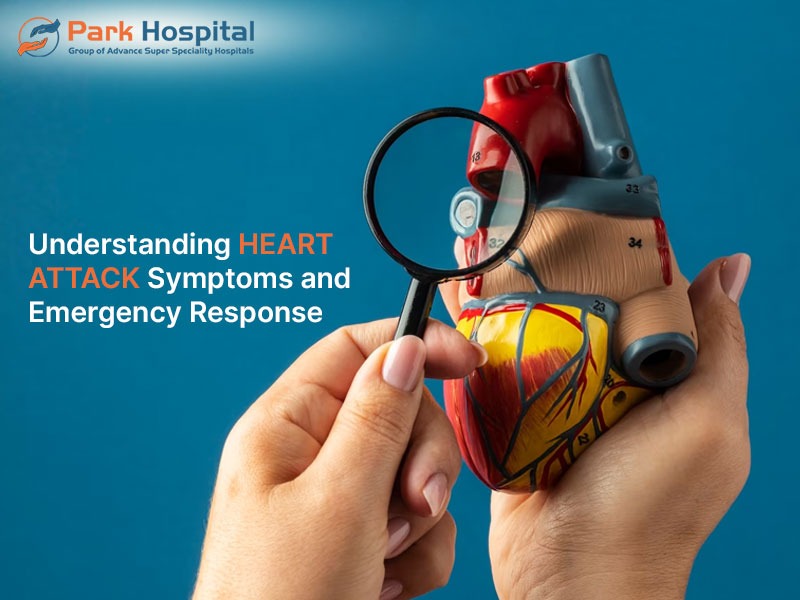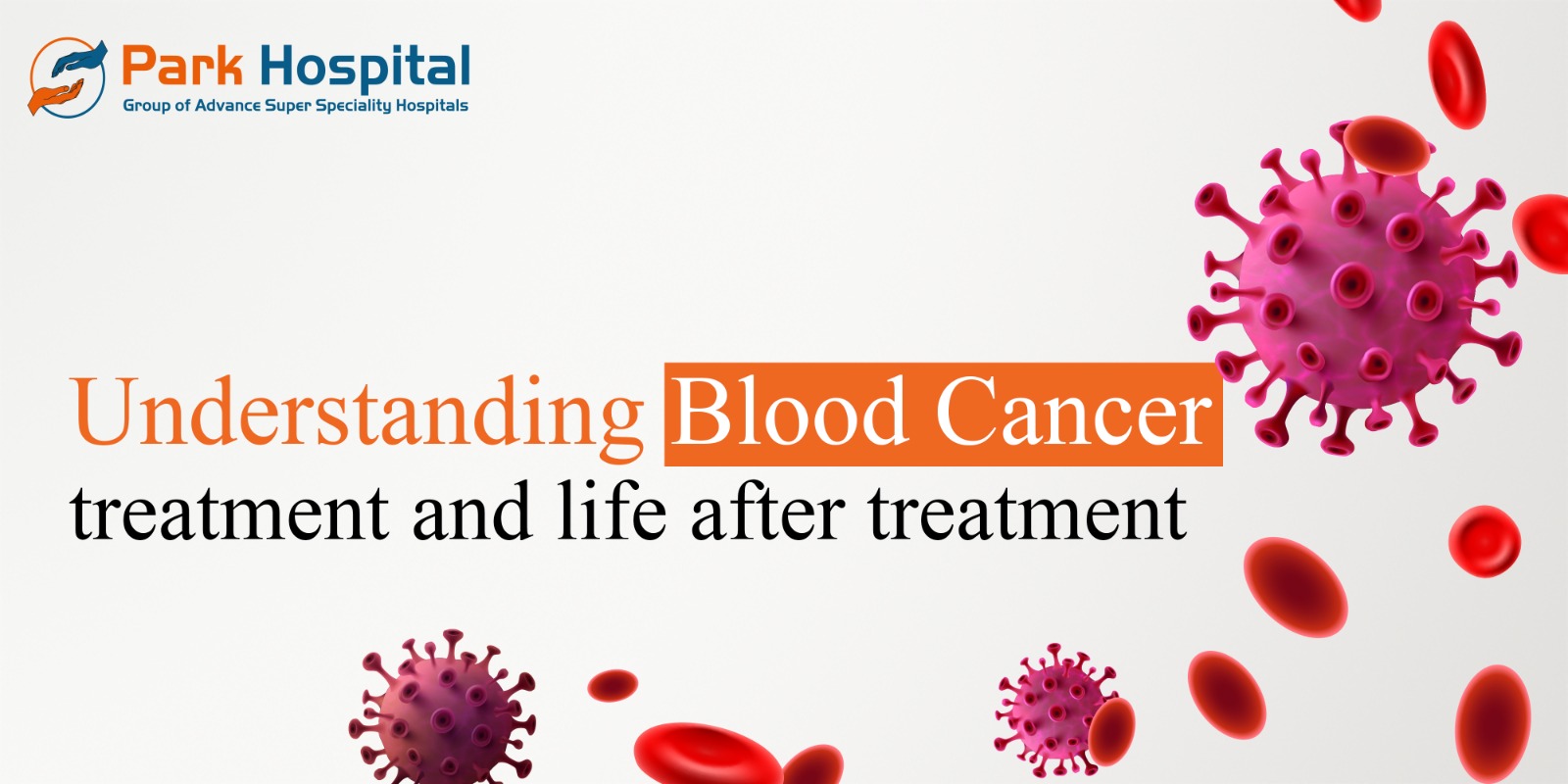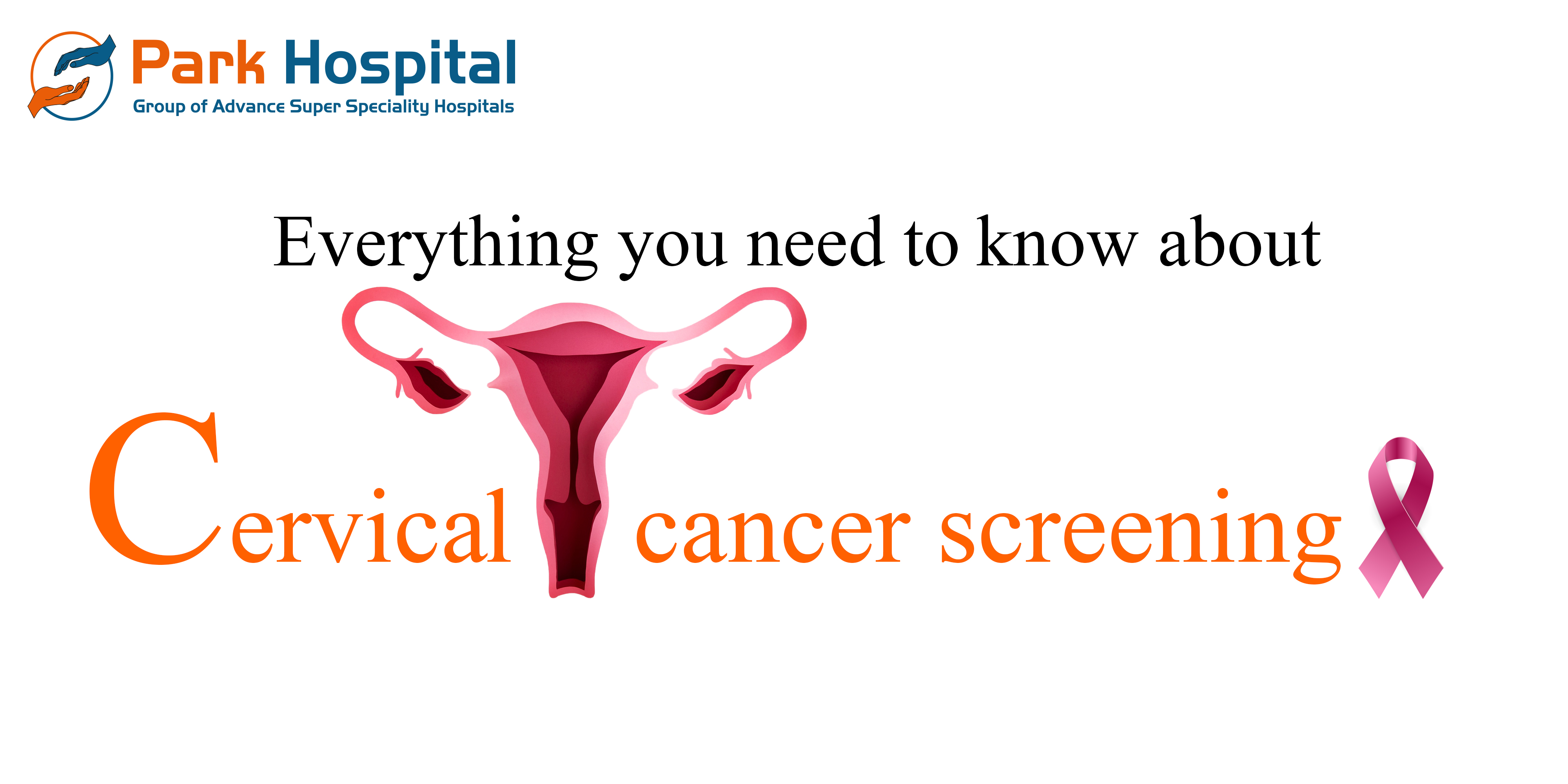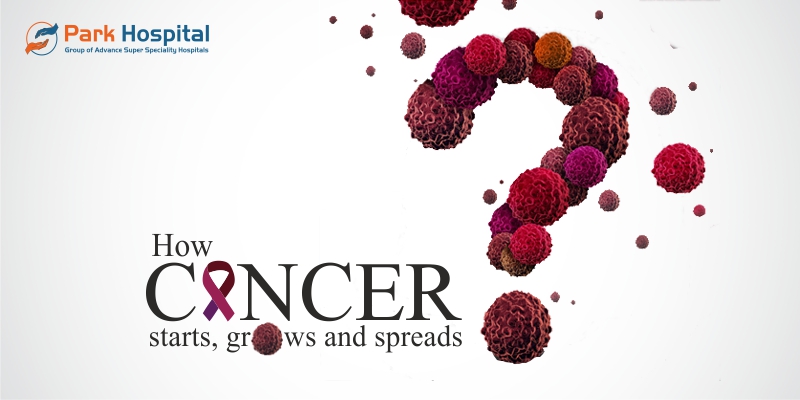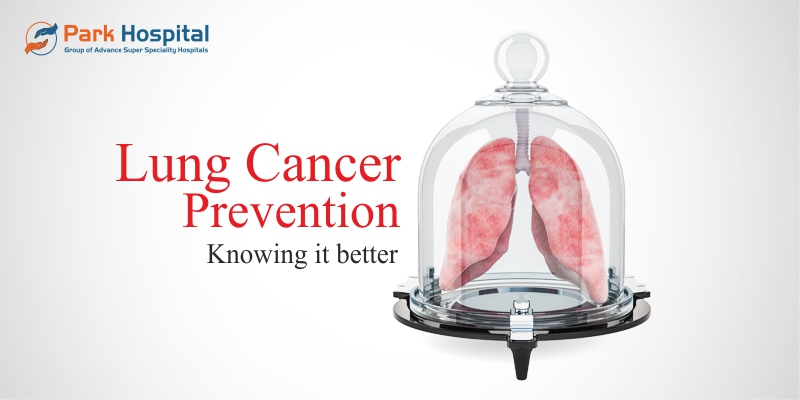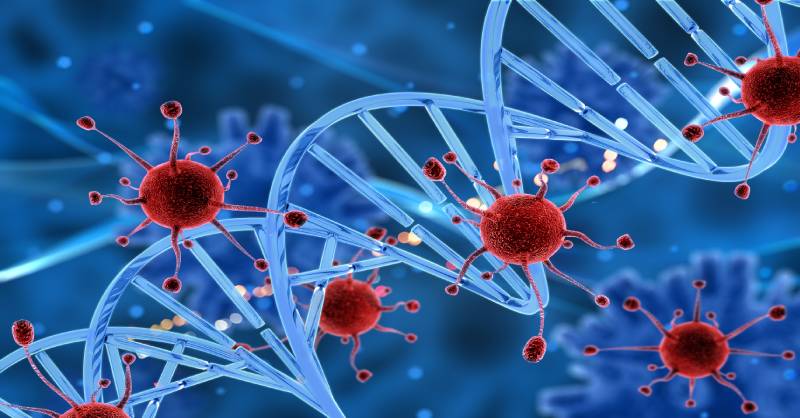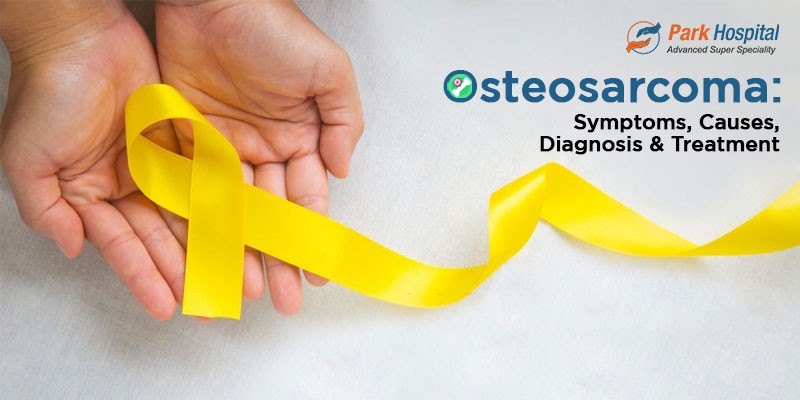Each year in November, Pancreatic Cancer
Awareness Month highlights the need for awareness and early detection of
one of the most fatal cancers affecting the pancreas. The theme for this year, "Shine a Light", focuses on
bringing hope, knowledge, and early detection into the spotlight. It encourages
people to understand the signs, support ongoing research, and help those
fighting pancreatic cancer find strength through community and care.
At Park
Group of Hospitals, we stand united with this global movement to spread
awareness, promote early diagnosis, and offer advanced cancer treatment across
our network of hospitals. With state-of-the-art oncology care available, our
team of cancer specialists ensures compassionate and comprehensive treatment
for every patient. For booking an appointment or consultations for your
pancreas health, call our 24x7 service
helpline at +91 99166 99166.
Understanding Pancreatic Cancer
The pancreas is an important organ located
behind the stomach that helps with digestion and blood sugar regulation.
Pancreatic cancer occurs when abnormal cells grow uncontrollably within this
organ, forming a tumour that can spread to nearby tissues and organs. Because
symptoms often appear in the later stages, pancreatic cancer is sometimes
referred to as a silent disease.
There are two main types of pancreatic cancer: exocrine tumours, which make up the
majority of cases and include adenocarcinomas, and endocrine tumours, also known as neuroendocrine tumours.
Recognizing these types early is crucial for effective management and
treatment.
Symptoms of Pancreatic Cancer
One of the biggest challenges in detecting
pancreatic cancer is that its symptoms can be vague and mistaken for other
conditions. However, being aware of the warning signs can make a major
difference in early diagnosis and treatment outcomes.
Common symptoms include:
●
Persistent abdominal or back pain
●
Jaundice, or yellowing of the skin
and eyes
●
Unexplained weight loss
●
Loss of appetite
●
Fatigue and weakness
●
Light-colored stools or dark urine
●
Newly developed diabetes without a
family history
If any of these symptoms persist, consulting a
specialist for evaluation and screening is essential. At Park Group of
Hospitals, our experts use advanced imaging and diagnostic tools to detect
pancreatic cancer at the earliest possible stage.
Causes and Risk Factors
The exact cause of pancreatic cancer is not
always known, but several risk factors can increase a person’s likelihood of
developing the disease. These include:
●
Smoking or tobacco use
●
Family history of pancreatic cancer
or genetic mutations such as BRCA2
●
Chronic pancreatitis
●
Obesity or an unhealthy lifestyle
●
Diabetes
●
Advancing age
●
Exposure to certain chemicals at the
workplace
Understanding and managing this risk factors can
play a key role in reducing the risk of pancreatic cancer. Lifestyle
modifications like quitting smoking, maintaining a healthy weight, and regular
health checkups can help with early prevention and detection.
Diagnosis of Pancreatic Cancer
Diagnosing pancreatic cancer requires a
combination of medical imaging, blood tests, and biopsies. Common diagnostic
methods include:
●
CT and MRI scans to visualize the pancreas and
surrounding organs
●
Endoscopic ultrasound (EUS)
for detailed internal imaging
●
Biopsy to confirm the presence of
cancerous cells
●
CA 19-9 blood test, which helps
monitor tumour markers in pancreatic cancer
Early diagnosis not only improves treatment
options but also enhances the overall prognosis for patients.
Treatment Options for Pancreatic Cancer
Treatment for pancreatic cancer depends on its
stage, location, and the overall health of the patient. At Park Group of
Hospitals, our multidisciplinary oncology team develops personalized treatment
plans that combine advanced techniques with supportive care.
1. Surgery:
Surgical treatment remains one of the most
effective methods when the cancer is detected early. The most common surgical
procedure is pancreaticoduodenectomy,
also known as the Whipple procedure, which involves removing the head of the
pancreas along with surrounding tissues. Other surgical options include distal
pancreatectomy and total pancreatectomy depending on the tumour’s location.
2. Chemotherapy:
This treatment uses powerful drugs to kill or
slow the growth of cancer cells. It is often combined with other treatments to
enhance effectiveness.
3. Radiation Therapy:
High-energy rays are used to target and destroy
cancer cells. Radiation therapy may be used before surgery to shrink tumours or
after surgery to prevent recurrence.
4. Targeted and Immunotherapy:
Advanced targeted therapies and immunotherapies
focus on specific cancer cell mutations, helping the immune system fight cancer
more effectively with fewer side effects.
Park Hospital is equipped with cutting-edge
radiation and robotic-assisted technologies, ensuring precision and safety
throughout the treatment journey.
Pancreatic Cancer Survival Rate
The survival rate of pancreatic cancer varies
depending on the stage of diagnosis, age, and overall health of the patient.
While early detection significantly improves outcomes, most pancreatic cancers
are diagnosed in advanced stages. However, with modern treatment approaches,
improved diagnostic tools, and personalized care, survival rates have shown
gradual improvement.
At Park Hospital, continuous advancements in
oncology care, early screening programs, and patient support systems are
helping patients live longer and healthier lives.
Prevention and Awareness
The Pancreatic Cancer Awareness Month 2025 theme
"Shine a Light" reminds us
that awareness is the first step towards prevention. Lifestyle changes can
lower the risk of developing pancreatic cancer. Some preventive steps include:
●
Avoiding smoking and alcohol
●
Maintaining a balanced diet rich in
fruits and vegetables
●
Engaging in regular physical
activity
●
Managing diabetes and blood sugar
levels
●
Getting regular health checkups if
there is a family history of cancer
By sharing information and encouraging timely
screenings, each individual can contribute to saving lives and spreading hope.
Conclusion
Pancreatic Cancer Awareness Month 2025 is more
than just a campaign, it is a call to action to shine a light on early detection, patient support, and ongoing
research. Understanding the symptoms, recognizing the causes, and seeking
timely medical help can make a life-saving difference.
At ParkGroup of Hospitals, we are committed to offering advanced pancreatic cancer care with compassion, innovation, and expertise. Our team of skilled oncologists and healthcare professionals work tirelessly to ensure every patient receives the best possible treatment and support.
Also Read: Lung Cancer Symptoms: Early Warning Signs You Shouldn’t Ignore

